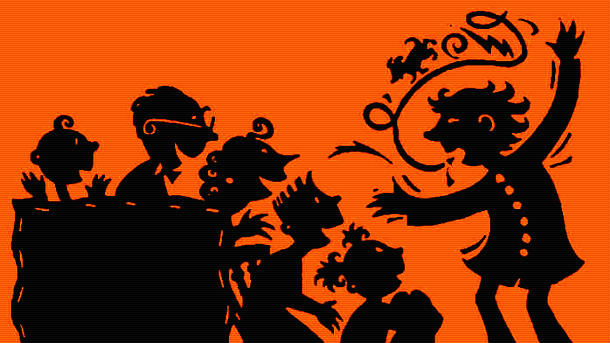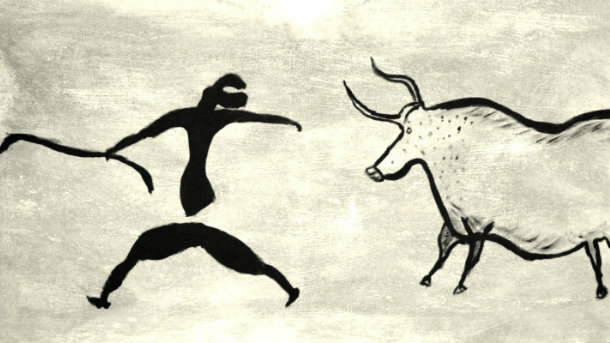
One of the aims of using the storytelling technique is to make the message we want to give more impressive. Well, do you know 9 features of the impressive stories?
- Be creative: Your story should be different, authentic and creative. Unexceptional stories and cliché ends weaken the influence of your story. During writing, even if one of your foot is on the ground, the other should be on clouds.
- Believe what you tell: The more the underlying idea and feelings of the story are real the more it will be convincing and impressive on the people before you. It would be a naivete to expect that the person before you believe the story that you do not believe – if not you are an actor or a writer.
- Be realistic, natural and understandable: Even if your story is fictional, it should necessarily get inspired from realities. Only thus you would have full knowledge of important details. The things that enable the person before you to believe your story are the small details which are seemingly important. The message you want to give in the story should emerge spontaneously. What is important is not to say directly what you will say but to show it and make it lived. The power of the story can only emerge in this way.
- Heroes are good: Reader/listener loves the heroes. You can bestow a little privilege on the leading character of your story. The heroes can be lazy, prankish or rakish but do not ever lie, renounce her/his values and betray their friends for her/his self-interest.
- Assign your character and story line by yourself, not by the story: If one of your characters is stable, then let the other be changeable. The conflicts between those who can change their emotions and opinions against different incidents and those who insist on their opinions are interesting. Let your story develop firstly by tying a knot and then solving it.
- Be careful about the details such as date, location and place: Specify the time, place and location of the story. Even if not important, this will make feel the story as real and enable to make the reader believe the story. Prefer the places and time periods you know, so do not make a mistake.
- Do not lose attention: Enter into details as many as it takes. Be attentive to that there will be no sentences and words which do not add value to the story in what you are telling. A good story can maximize its influence by linking a continuingly rising attention to a striking final.
- Arouse positive feelings: Let your story creates positive feelings such as friendship, fellowship, love for animals, love of nature, confidence, loyalty, help and solidarity. Choose subjects which evoke admiration in the readers such as achieving a difficult goal and clearing a tough hurdle.
- Write an impressive final: Let the story ends surprisingly and unexpectedly but always through linking to your aim. Let your message emerge not as a different development but as a natural result spontaneously at the end of the story.



